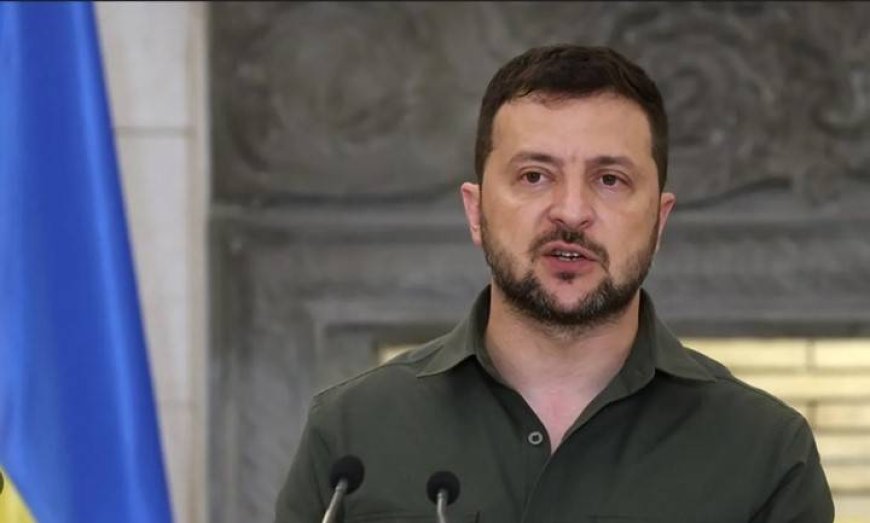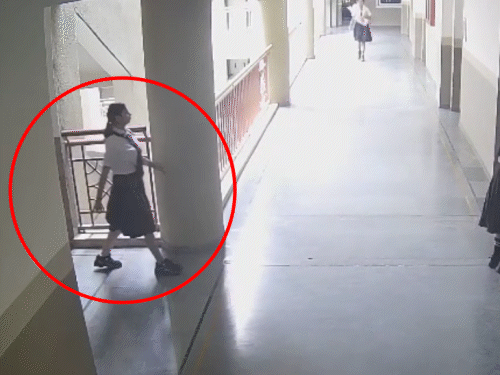Trump Pressures Zelenskiy to Cut a Deal as Putin Pushes for More of Ukraine
On August 15, 2025, Trump urged Zelenskiy to make a deal with Putin, warning that Moscow wants more of Ukraine. Kyiv insists it will not accept territorial concessions.

Sunday, August 17, 2025 — U.S. President Donald Trump has told Ukrainian President Volodymyr Zelenskiy that Russian leader Vladimir Putin is pressing for even more Ukrainian territory, urging Kyiv to consider a negotiated settlement. The private conversation, reported by senior officials familiar with the exchange, took place on Friday, August 15, 2025, as fighting in eastern and southern Ukraine showed no signs of easing.
Trump’s Message to Kyiv
According to accounts shared with U.S. media, Trump conveyed that Putin was unwilling to retreat from gains already secured and was signaling demands for further concessions. The American president reportedly told Zelenskiy that “the sooner Ukraine makes a deal, the better,” framing negotiation as the only realistic path to preventing a prolonged war.
While Trump has repeatedly said he wants to end the conflict “quickly,” his comments reflect a stark difference in approach from European leaders who continue to insist that Ukraine’s sovereignty and territorial integrity remain non-negotiable.
Kyiv Pushes Back
Ukrainian officials responded cautiously to Trump’s remarks, reiterating on Saturday, August 16, 2025, that Kyiv will not accept any deal that legitimizes Russia’s occupation of Ukrainian land. “We are prepared for diplomacy, but not at the cost of surrender,” one senior Ukrainian aide said.
President Zelenskiy has maintained that any peace process must begin with a full withdrawal of Russian forces. He has also sought renewed assurances of Western security guarantees, emphasizing that Ukraine cannot accept a settlement that leaves the country vulnerable to future aggression.
Putin’s Position
The Kremlin has not officially commented on Trump’s private conversation with Zelenskiy. However, Russian state media over the weekend suggested that Moscow views negotiations as possible only if Kyiv recognizes “new realities” on the ground — a reference to territories under Russian control since the February 2022 invasion.
Analysts note that Putin’s leverage lies in Russia’s continued offensive operations, especially in Kharkiv, Donetsk, and Zaporizhzhia, where shelling has intensified over the past week.
U.S. Policy Crossroads
Trump’s direct communication with Zelenskiy underscores a potential shift in U.S. foreign policy as his administration faces pressure to reduce American involvement in the conflict. Supporters of the president argue that pushing Kyiv toward compromise could shorten the war and reduce U.S. spending. Critics, however, warn that such an approach risks emboldening Moscow and weakening NATO’s credibility.
The White House has declined to provide full details of the call but confirmed that discussions focused on “steps toward de-escalation.”
Global Reaction
European Union leaders, meeting in Brussels on August 16, stressed that they would not support a peace deal that rewards aggression. NATO Secretary General Jens Stoltenberg also reminded members that Ukraine’s sovereignty remains a fundamental principle of the alliance’s security stance.
Commentary from BBC News highlighted growing concern in European capitals that Trump’s strategy could split the Western alliance at a critical moment. Meanwhile, the New York Times reported that U.S. diplomats in Europe are working to reassure allies that Washington will not withdraw military support for Ukraine abruptly.
The Road Ahead
The coming weeks will test whether Kyiv can withstand both military pressure from Russia and diplomatic pressure from Washington. For Zelenskiy, the challenge lies in balancing Ukraine’s survival with the expectations of allies and the demands of his citizens, who continue to endure relentless air strikes and displacement.
For Trump, the calculus is different: presenting himself as the leader who can end the war quickly without drawing the United States into a costly, long-term conflict. Whether this strategy results in meaningful peace or deeper divisions remains uncertain.
What's Your Reaction?
 Like
0
Like
0
 Dislike
0
Dislike
0
 Love
0
Love
0
 Funny
0
Funny
0
 Angry
0
Angry
0
 Sad
0
Sad
0
 Wow
0
Wow
0







































































